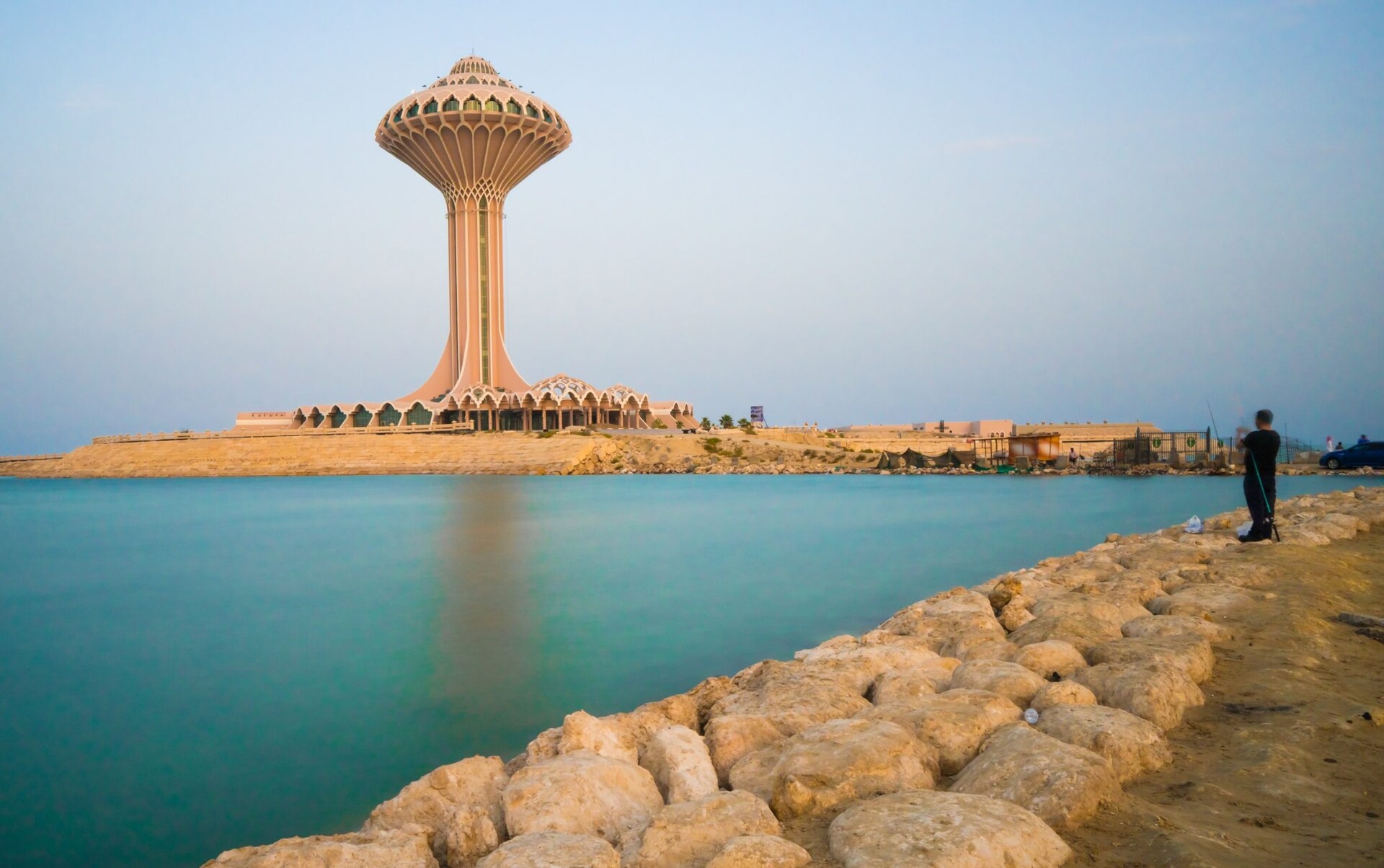
SAUDI ARABIA’S LATEST BIG IDEA? SOBER CRUISE HOLIDAYS
The news that Saudi Arabia is launching its own luxury cruise line this winter offers an exciting prospect for travellers: the chance to see the Red Sea in style. But true to Saudi values, it will come with one firm condition: absolutely no booze allowed.
Whatever your personal drinking habits, it’s hardly unfair to say that many of us regard cruises as a chance to let our hair down. While measuring the intake of cruise-goers was never going to be a priority for the Office of National Statistics, industry analysts have had a stab at crunching the numbers: one poll claimed that a typical cruise-goer makes their way through 50 alcoholic drinks during a typical sailing.
While the industry has been happy to tempt us with all-inclusive deals, they have occasionally had to rein it in. Last month, P&O Cruises announced that it would be forbidding customers from bringing on board any beer or spirits (instead limiting them to one bottle of wine each). The company says it wants to see “responsible” drinking on its ships and will confiscate any contraband booze.
They may have their work cut out for them on that front – thanks to a popular TikTok trend promoting clever (and occasionally extravagant) ways to smuggle alcohol on board. Of course, the tips are intended for cruises which already offer alcohol, rather than ones that prohibit it entirely – which is to say they absolutely should not be tried in stricter countries like Saudi Arabia.
But is it time we all calmed down a bit on the booze anyway? Some cruise companies appear to have sensed an appetite for something calmer. Cruise provider Virgin Voyages now promotes itself as the best cruise line for non-drinkers, boasting a new menu of booze-free mocktails designed by expert mixologists (a full range of alcoholic options is also available).
“From what we see from our customers, there are definitely different approaches,” says Dave Mills, Chief Commercial Officer for cruise specialists Iglu Cruise. “People are more likely to opt for a drinks package on a Caribbean cruise, for example, than on a scenic voyage through the Alaskan glaciers.” On the other hand, he says, some old stereotypes remain true, with all-inclusive deals still associated with hedonism.
As for a fully sober cruise, the Saudis appear to have cornered the market – for now at least. Their provider, Aroya Cruises, will set sail from Jeddah for the first time this December heading to a pristine, private island off the Red Sea coast. Longer cruises in January will include excursions to Sokhna and Sharm el-Sheikh in Egypt, as well as the Jordanian city of Aqaba.
As for the ship, guests will sail on an 18-deck, 335.2-metre vessel purchased by the Saudi sovereign wealth fund from Hong Kong-based Star Cruises for $300 million in 2023. Aroya and the Saudi money men are now reportedly looking to add two new-build ships to their fleet with the goal of welcoming some 1.3 million passengers by 2035.
While Westerners are welcome on board, Aroya has been clear that its main commercial mission is to tap into the lucrative Saudi and Gulf markets and is thus catering to Arabic tastes. We can probably assume, then, that Saudi Arabia isn’t looking to change the face of the global cruise industry. But could it change things in the Middle East?
It’s no secret that Saudi Arabia, the region’s largest economy, has been going through somewhat of a liberalisation in recent years – albeit from a modest starting point. But despite big strides on things like allowing women to drive and relaxing religious dress codes, some issues, most notably alcohol, remain highly taboo.
Indeed, when it was announced that Saudi Arabia was considering relaxing its alcohol ban for some of its new beach resorts, notably those connected to the futuristic NEOM megacity, it quickly made headlines. Yet a quick enquiry to the new luxury island hotel in the Red Sea, the Red Sea St. Regis, reveals there are no plans as yet. Like Aroya, the five-star resort appears to be catering to moneyed locals who have no expectations of enjoying a tipple.
Yet on the Saudi mainland, a gradual shift seems to be underway. In Riyadh, a specialist outlet has opened to sell alcohol to foreigners with diplomatic passes. While that may seem like small beans to anyone who doesn’t work at an embassy, it’s a huge shift by Saudi standards, setting the precedent for non-Muslim foreigners to be treated differently (i.e. like the old system in Dubai, before rules were relaxed for Muslims too).
In Jeddah, which I visited in January, five-star hotels now stock their lobby bars with the full spectrum of booze-free beers, mixers, and spirits (I particularly enjoyed the hangover-less whisky) served up in Parisian-style cocktail glasses and old-school tumblers. The aim, I suspect, is to serve as a sort of soft launch for the real thing, making the leap seem less drastic should the Saudis eventually change the law.
After all, it should be remembered that even the idea of a cruise holiday (at least one departing from the Kingdom with men and women on board) would have been considered an unlikely prospect until around ten years ago. Saudi revellers might not be knocking back the Chateau Lafite Rothschild, but they could prove a sizable force in the global cruise market, opening up further travel possibilities in the Middle East. And that is something we can all raise a glass to.
Recommended
Which is best – Dubai, Abu Dhabi or Qatar?
2024-06-06T07:04:33Z dg43tfdfdgfd